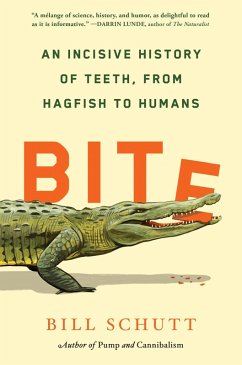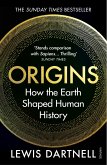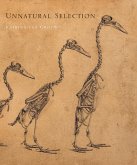From three-inch fang blennies to thirty-foot prehistoric crocodiles, from gaboon vipers to Neanderthals, Bite is a fascinating journey through the natural, scientific, and cultural history of something right in front of-or in-our faces: teeth. In Bite, zoologist Bill Schutt makes a surprising case: it is teeth that are responsible for the long-term success of vertebrates. The appearance of teeth, roughly half a billion years ago, was an adaptation that allowed animals with backbones, such as fish, amphibians, reptiles, birds, dinosaurs and mammals-including us-to chow down in pretty much every conceivable environment. And it's not just food. Tusks and fangs have played crucial roles as defensive weapons-glimpsing the upper canines of snarling dogs is all it takes to know that teeth are an efficient means of aggression. Vampire bats use their razor-sharp teeth to obtain a widespread but generally untappable resource: blood. Early humans employed their teeth as tools to soften tough fibers and animal hides. Our teeth project information and social status-the ancient Etruscans were the first to wear tooth bling, and it's doubtful that George Washington would have been elected president without the false teeth he wore. So much of what we know about life on this planet has come from the study of fossilized teeth, which have provided information not only about evolution but also about famine, war, and disease. In his signature witty style, the author of Pump and Cannibalism shows us how our continued understanding of teeth may help us humans through current and future crises, from Alzheimer's disease to mental health issues. Bite is popular science at its best and will appeal to readers of Mary Roach, Merlin Sheldrake, and Ed Yong.
Dieser Download kann aus rechtlichen Gründen nur mit Rechnungsadresse in A, B, BG, CZ, D, DK, EW, E, FIN, F, GR, HR, H, I, LT, L, LR, NL, PL, P, R, S, SLO, SK ausgeliefert werden.









